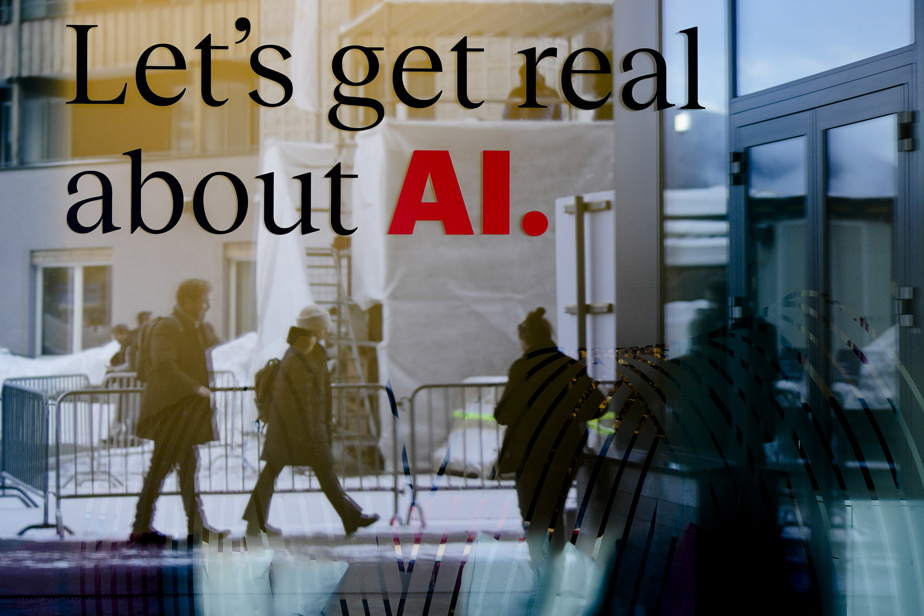(Paris) Generative artificial intelligence (AI) promotes the spread of false information about the Holocaust, which risks fueling anti-Semitism and altering our relationship to historical truth, according to a UNESCO report published Tuesday.
“If we allow these terrible facts of the Holocaust to be watered down, distorted or falsified through the irresponsible use of AI, we risk a meteoric spread of anti-Semitism and a diminishing of our understanding of the causes and consequences of these atrocities,” said UNESCO Director-General Audrey Azoulay in a statement.
The UN agency unveiled this publication in partnership with the World Jewish Congress on the occasion of the International Day Against Hate Speech.
Generative AI models, like ChatGPT, which generate text, photos, sounds and videos, from queries in everyday language, can invent events from the Second World War that never took place, denounces UNESCO.
In February, Google’s generative intelligence interface, Gemini, caused an outcry by producing images of black-skinned Nazis.
ChatGPT, which introduced generative AI to the general public when it was launched by OpenAI in 2022, has for its part invented the concept of “Holocaust by drownings”, according to which the Nazis would have drowned Jewish people en masse in lakes and rivers during the Second World War. Pure inventions, without historical basis, recalls UNESCO.
AI models also tend to oversimplify the story of the extermination of the Jewish people by the Nazis and can even be subject to hacking pushing them to convey Nazi ideology, the report points out.
Artificial intelligence thus promotes conspiracy thinking, according to Karel Fracapane, specialist in Holocaust education at UNESCO.
“This is a good example of how AI, when applied to particularly difficult and controversial subjects, can lead to a strong erosion of democratic culture,” he explained to AFP .
Tech companies need to demonstrate “more rigor, transparency and accountability,” he added.
“What is in this report is linked to what is happening in society. And that has very real political consequences,” he warned, referring to the rise of the far right in Europe.
UNESCO, which notes, however, that artificial intelligence also makes it possible to create more interactive educational tools for young people, calls on companies in the sector to implement ethical recommendations for AI.




